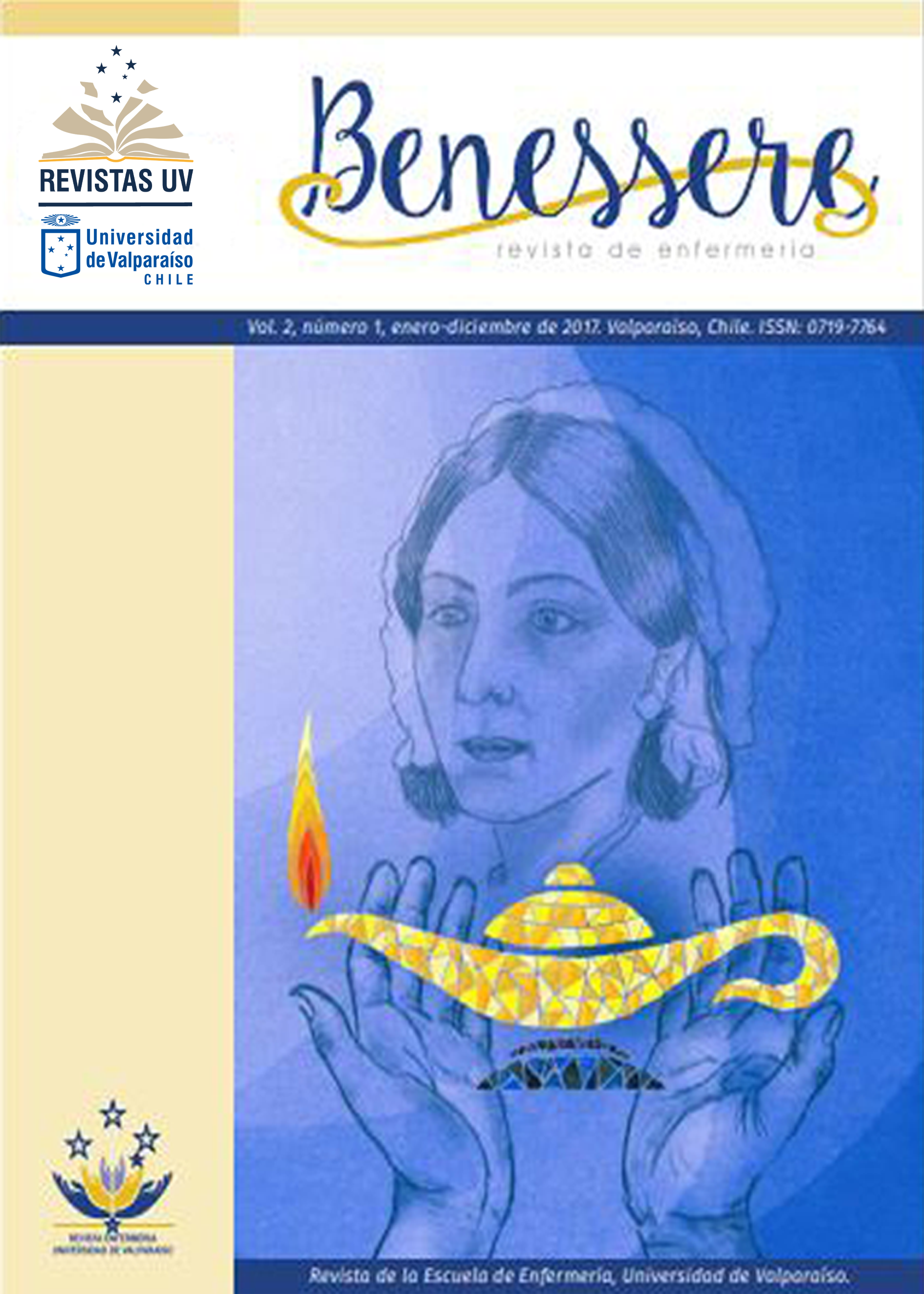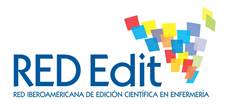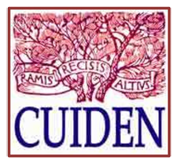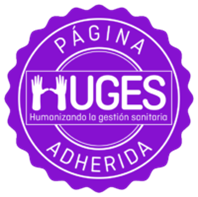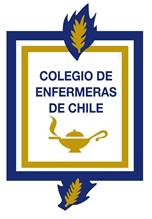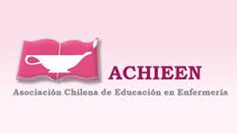Amor, erotismo y enfermería. Una introducción al cuidado
DOI:
https://doi.org/10.22370/bre.71.2022.2951.Palabras clave:
Teoría de enfermería, conocimiento, amor, estéticaResumen
El cuidado es una práctica eminentemente humana, el cual –para la enfermería– se transforma en aquello que se aproxima a la vida de las personas, a la imperativa necesidad de sobrevivir, de inventar y de crear hábitos, formas subjetivas de interactuar que respondan a la salud propia y del otro. En este sentido, el objetivo de esta reflexión es dar a conocer el cuidado, desde la epistemología para la comprensión de este como condición humana; relacionada con las ciencias del espíritu y las ciencias naturales. Para llevar a cabo lo propuesto se realiza un análisis de los constructos disciplinares, partiendo de la definición de enfermería como una aproximación a la experiencia de salud humana y del cuidado como uno de los múltiples fenómenos de interés en la enfermería. Se problematizan los conceptos de erotismo y amor como un fundamento del cuidado y, por ende, también objeto de estudio de la disciplina enfermera. Ante esto, se concluye que el cuidado es una forma de amar(se) y el erotismo es el medio por el cual se genera el vínculo entre los seres humanos en los que se posibilita el cuidar, lugar donde la enfermera es parte de un saber y de los procesos que se llevan a cabo para lograr el cuidado.
Descargas
Citas
Altamira-Camacho, R. Lo espiritual en enfermería contemporánea. Presencia [Internet]. 2021;17:1–5. Disponible en: http://ciberindex.com/p/p/e13942
Altamira-Camacho, R. Una justificación para comprender la naturaleza y estructura del conocimiento en enfermería. Index Enferm [Internet]. 2022 Mar [citado 2023 Ene 20]; 31(1): 1-3. Disponible en: http://www.ciberindex.com/index.php/ie/article/view/e13323
Román, F. La enfermería: una reflexión sobre su futuro y su razón de ser. Temperamentvm. 2020; 16: e13196. Disponible en: http://ciberindex.com/c/t/e13196
Alligood, MR. Nursing Theorists and Their Work. 8th ed. Elsevier, editor. St. Louis, Missouri; 2015.
Meleis, AI. Theoretical Nursing. Development and Progress. 6th ed. Lippincott Williams & Wilkins, editor. 6. Pennsylvania; 2018.
Newman, M., Sime, M., & Corcoran Perry S. The Focus of the Discipline. Vol. 14, Advances in Nursing Science. 1991. p. 1–5. DOI: 10.1097/00012272-199109000-00002
Altamira-Camacho, R. Enfermería contemporánea y espiritualidad. Una ruta epistemológica. Presencia.2022;18: e14311.Disponible en: http://ciberindex.com/c/p/e14311
Reed PG. Explanatory Power and Nursing Theory. Nurs Sci Q. 2020;33(3):229–33. DOI: 10.1177/0894318420920584
Phillips JR. Rogers’ Science of Unitary Human Beings: Beyond the Frontier of Science. Nursing Science Quarterly. 2016;29(1):38–46.DOI: 10.1177/0894318415615112
Phillips JR. Unitariology and the Changing Frontiers of the Science of Unitary Human Beings. Nursing Science Quarterly. 2019;32(3):207–13. DOI: 10.1177/0894318419845404
Parse RR. Parsesciencing: A Basic Science Mode of Inquiry. Nursing Science Quarterly. 2016;29(4):271–4. DOI: 10.1177/0894318416661103
Wilhelm Dilthey. Introducción a las Ciencias del Espíritu. Fondo de Cultura Económica. México; 2015.
Solomon, R. Espiritualidad para escépticos: meditaciones sobre el amor y la vida. Barcelona: Paidós, 2003.
Herrera Justicia, Sonia. Silenciar el saber de las mujeres es negar la esencia del cuidado. Index de Enfermería. 2022; 31(2): e31101. Disponible en: http://ciberindex.com/c/ie/e3110
Suárez-Baquero DFM, Walker LO. Critical Analysis of the Nursing Metaparadigm in Spanish-Speaking Countries: Is the Nursing Metaparadigm Universal? Advances in Nursing Science. 2021 Apr 1;44(2):111–22. DOI: 10.1097/ANS.0000000000000335
Parse RR. Parse’s criteria for evaluation of theory with a comparison of Fawcett’s and Parse’s approaches. Nurs Sci Q. 2005;18(2):135–7. DOI: 10.1177/0894318405275860
Fawcett J. Criteria for evaluation of theory. Nurs Sci Q. 2005;18(2):131–5. DOI: 10.1177/0894318405274823
Altamira-Camacho R. La enfermería ahora: una crónica a propósito del bicentenario del nacimiento de Nightingale. LUXMED. 4 de enero de 2023 [citado 20 de enero de 2023];18 (52). Disponible en:https://revistas.uaa.mx/index.php/luxmedica/article/view/3131
Tappan JE. El Precipitado simbólico. Paradiso Editores, editor. México; 2015. 155 p.
Paz, O. La llama doble. Amor y erotismo. Seix Barralm México;2018.
Altamira Camacho, R. El cuidado de enfermería en la angustia de la muerte: narrativa de
enfermería. Ene. 2020 [citado 2023 Ene 20]; 14(3): e14311. Disponible en: http://www.ene-enfermeria.org/ojs/index.php/ENE/article/view/1067
Heidegger M. Ser y Tiempo. Fondo de la Cultura Económica, editor. México; 2018. 479 p.
Ramírez-Pérez M, Cárdenas-Jiménez M, Rodríguez-Jiménez S. El Dasein de los cuidados desde la fenomenología hermenéutica de Martín Heidegger. Enfermería Univ. 2015;12(3):144–51. DOI: 10.1016/j.reu.2015.07.003
Bataille G. El Erotismo. Tusquets. México; 2015.
De Santiago Herrero, F J; Lin Ku, A., Garcia-Mateos, M. Erotismo y perversión: un diálogo entre psicoanálisis y filosofía. Límite (Arica). 2019, Vol.14 [Citado 2023-01-20], 1.). Disponible en: https://revistalimite.uta.cl/index.php/limite/article/view/106
Reed PG. The Epistemic Dignity of Knowledge Developed Through Nursing Practice. Nurs Sci Q. 2021;34(1):39–44. DOI: 10.1177/0894318420965206
Chinn PL, Kramer MK. Knowledge Development in Nursing: Theory and Process. 10th ed. Mosby, editor. 2018. 288 p.
Turkel M, Fawcett J, Chinn PL, Eustace R, Hansell PS, Smith MC, et al. Thoughts About Advancement of the Discipline: Dark Clouds and Bright Lights. Nurs Sci Q. 2018;31(1):82–5. DOI: 10.1177/0894318417741121
Carper B. Fundamental patterns of knowing in nursing. ANS Adv Nurs Sci. 1978;1(1):13–23. DOI: 10.1097/00012272-197810000-00004
Willis DG, Leone-Sheehan DM. Spiritual Knowing: Another Pattern of Knowing in the Discipline. Adv Nurs Sci. 2019;42(1):58–68. DOI: 10.1097/ANS.0000000000000236
Hidalgo-Mares B, Altamira-Camacho R. ¿Qué es y qué no es el cuidado de enfermería? Rev Enfermería Actual [Internet]. 2021; 40:6723–4. Available from: DOI: 10.15517/revenf.v0i39.40788
Rubio Domínguez S. Principios y valores que guían el ejercicio del personal de enfermería. Rev Conamed. 2008; 13:22–6. Disponible en: https://www.medigraphic.com/cgi-bin/new/resumen.cgi?IDARTICULO=60636
Peart J, Mackinnon K. Cultivating praxis through chinn and kramer’s emancipatory knowing. Adv Nurs Sci. 2018 oct 1;41(4):351–8. DOI: 10.1097/ANS.0000000000000232
Herrera Justicia S. Domus, el espacio renovado de intercambio de saberes y cuidado en las familias. Index de Enfermería. 2021;30(1–2):1–3. https://www.redalyc.org/articulo.oa?id=305026
Bickford D. Postcolonial theory, nursing knowledge, and the development of emancipatory knowing. Adv Nurs Sci. 2014;37(3):213–23. DOI: 10.1097/ANS.000000000000003336. Hickman RL. Nursing Theory and Research: The Path Forward. Adv Nurs Sci. 2019;42(1):85–6. DOI: 10.1097/ANS.0000000000000255
González-Sanz JD, Abreu-Sánchez A, Rodríguez-Pérez M. El lugar social del conocimiento enfermero: los editoriales científicos como artefactos lingüísticos desde la perspectiva de Michel de Certeau. Enfermería Cuid Humaniz [Internet]. 2019;8(2):135–51. Available from: http://www.scielo.edu.uy/pdf/ech/v8n2/2393-6606-ech-8-02-66-en.pdf
Descargas
Publicado
Número
Sección
Licencia
Aquellos autores/as que tengan publicaciones con esta revista, aceptan los términos siguientes:
- Los autores/as conservarán sus derechos de autor y garantizarán a la revista el derecho de primera publicación de su obra, el cuál estará simultáneamente sujeto a la Licencia de reconocimiento de Creative Commons que permite a terceros compartir la obra siempre que se indique su autor y su primera publicación esta revista.
- Los autores/as podrán adoptar otros acuerdos de licencia no exclusiva de distribución de la versión de la obra publicada (p. ej.: depositarla en un archivo telemático institucional o publicarla en un volumen monográfico) siempre que se indique la publicación inicial en esta revista.
- Se permite y recomienda a los autores/as difundir su obra a través de Internet (p. ej.: en archivos telemáticos institucionales o en su página web) antes y durante el proceso de envío, lo cual puede producir intercambios interesantes y aumentar las citas de la obra publicada. (Véase El efecto del acceso abierto).

